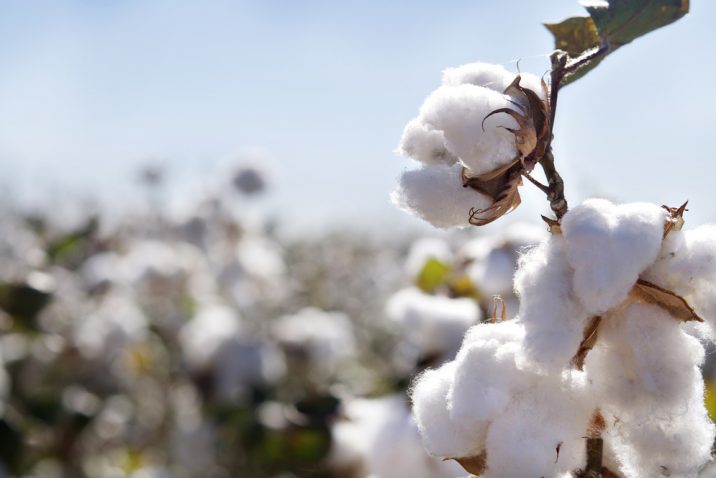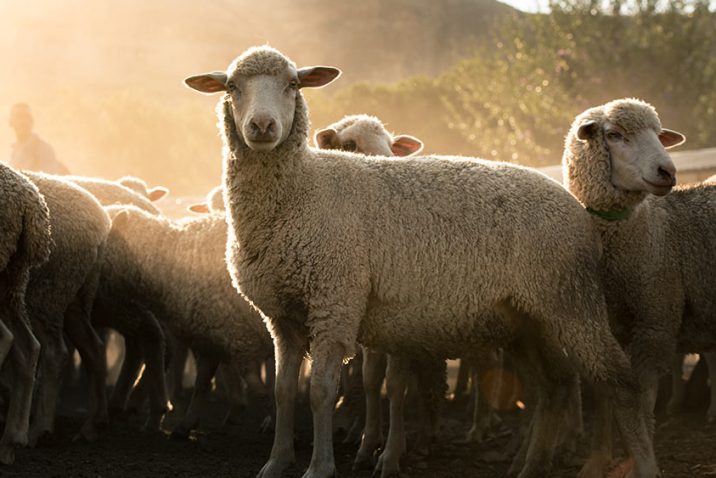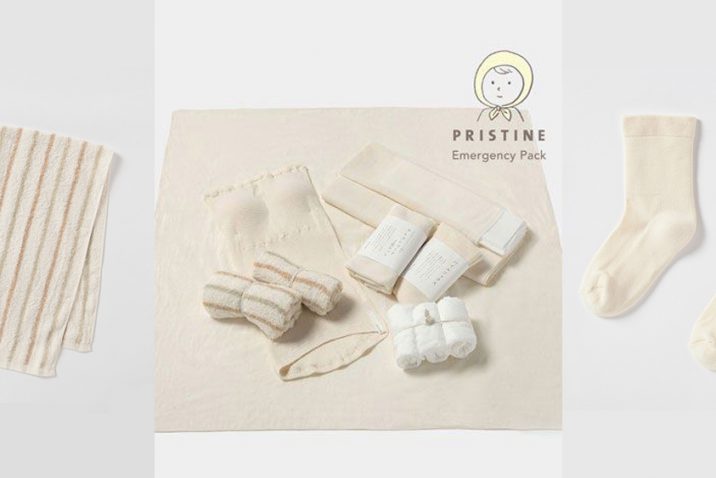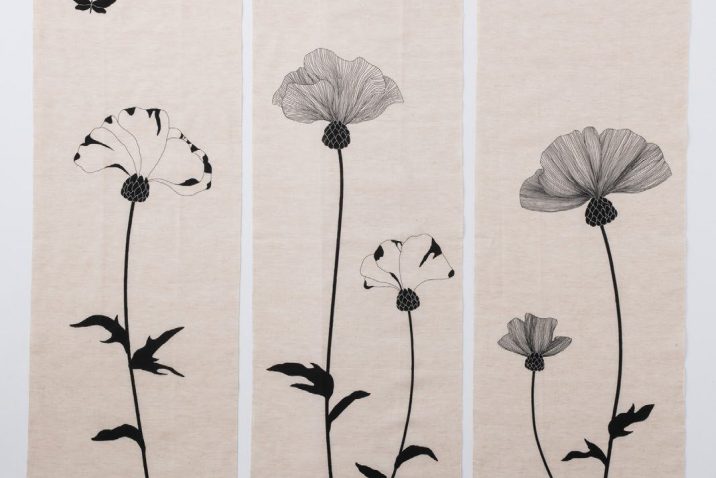Established in 1935, Kume is one of Japan’s oldest T-shirt companies and is motivated to provide comfortable, long-lasting products while being environmentally conscious. Kume takes pride in Japanese craftsmanship, and all of its manufacturing...
The Global Organic Textile Standard (GOTS) is a worldwide textile production certification that ensures the quality of organic fibers. GOTS is known as the world’s strictest textile standard as it assesses all processors, manufacturers and...
Although this plant-based fiber’s biodegradable nature is a big plus when compared with synthetic fabrics, cotton has a few environmental and social problems. For example, cotton production is water-intensive, and it requires more than 2,700 liters...
Ethical fashion takes social good into account, prioritizing workers’ rights, preventing animal cruelty and caring about the environment. For example, UK-based People Tree has been committed to the principles of fair trade since 1991. The...
Fast fashion offers quick and easy access to trendy, inexpensive pieces but its benefits come at a cost. Cheap clothing is often made from synthetic fabrics such as polyester, nylon and acrylic, which are derived from fossil fuels. Not only that...
Sustainability in Japan may be somewhat of a mystery for those residing outside of the island country. Fortunately, we are here to give you 15 interesting facts about ventures, organizations, and information about the country’s efforts to move...
Cotton is one of the main materials used when creating clothing. There is a safe bet that a majority of individuals who have at least one T-shirt, jumper, or pull that is partially made out of the soft and comfy material. However, did you know that...
As the second-largest retail brand in the world, H&M is driven to make more conscious choices aimed at reducing their environmental impact. For example, the brand utilizes green clothing tags that help customers to make eco-friendly choices. The...
Japan is notably vulnerable to natural disasters due to its climate and volatile geography. September 1 is designated annually as Disaster Prevention Day. Many disaster prevention training exercises take place nationwide during the week around this...
Organic cotton is one of the most sustainable fabrics around, as it is produced without the use of toxic chemicals. This means it leaves less of an environmental footprint compared to conventional cotton. Cotton farmers also benefit from its...











